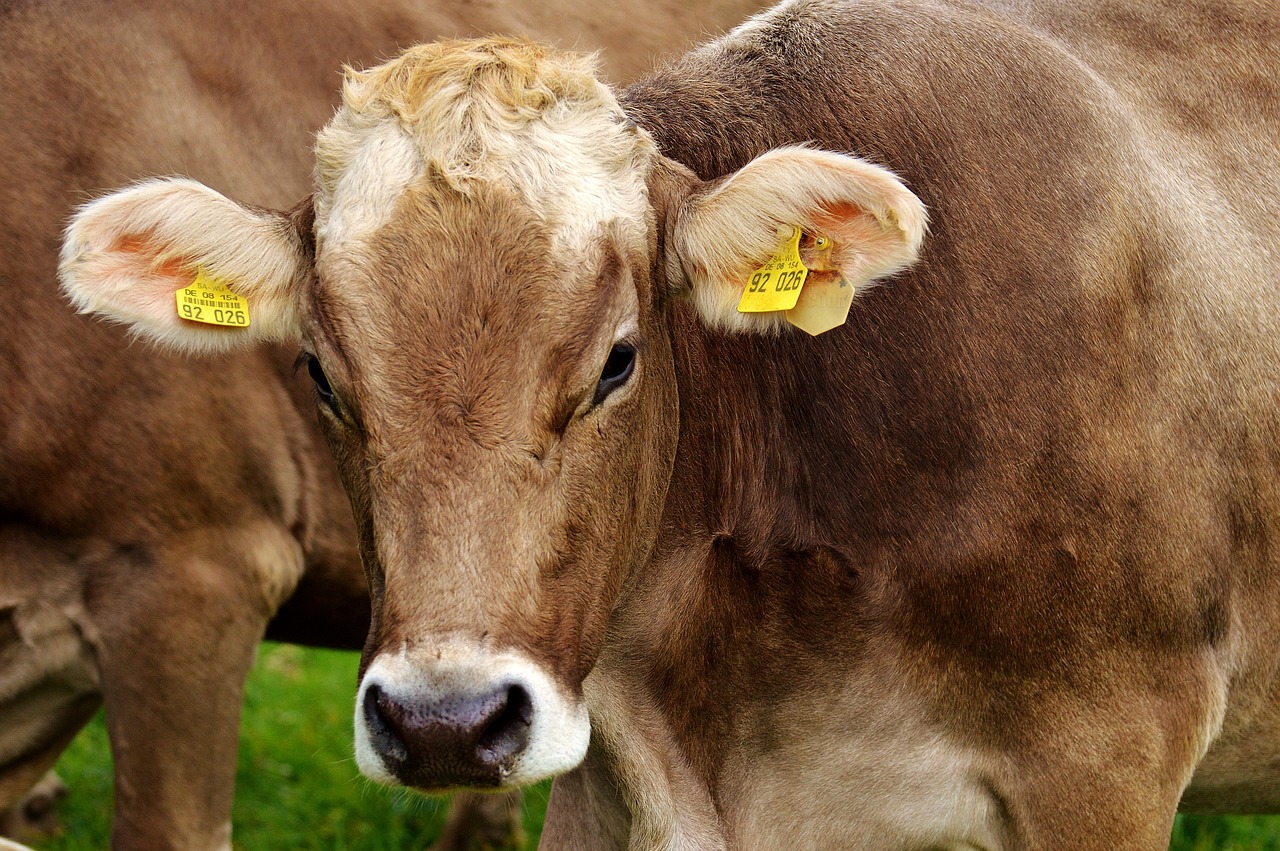
How to Start Beef Farming in Kenya Without Land
Many aspiring livestock farmers in Kenya dream of running a cattle business, but land ownership remains a huge barrier. Fortunately, that doesn’t mean your dream is dead. With the right approach, beef farming without land in Kenya is not only possible but also profitable.
At Mkulima Jovial, we believe that no land should never mean no opportunity. Let’s walk through some practical ways to kickstart your beef farming journey — even if you don’t own a single acre.
Why You Don’t Need to Own Land
Beef farming typically requires space for grazing, housing, and feeding. However, with innovation, collaboration, and proper planning, it’s possible to:
-
Rent or lease land
-
Use a zero-grazing system in small spaces
-
Partner with landowners
-
Enroll in contract farming or feedlot programs
In short, thinking outside the box opens up several entry points into beef farming without land in Kenya.
1. Rent Grazing Land or Use Agistment Services
One of the most affordable ways to start is through agistment, where you pay to graze your cattle on someone else’s land. This option is common in counties like Kajiado and Laikipia.
Instead of building infrastructure, you simply manage your cattle while the landowner provides pasture and water. This strategy reduces startup costs significantly and gives you room to scale slowly.
2. Practice Zero-Grazing in Urban or Peri-Urban Areas
For those in towns, it’s possible to keep a small number of beef cattle using zero-grazing units. A 5×5 metre pen can house up to two animals if built efficiently.
To succeed in this model, you’ll need to bring feed from external sources like Napier grass, maize stover, or commercial supplements. While labour-intensive, it’s a viable entry route into beef farming — especially near major towns like Nakuru or Kisumu.
3. Lease Land in Rural Areas
Leasing gives you full control over how you manage your beef farming project. Unlike buying land, leasing is cheaper and comes with fewer legal hurdles.
You can lease a quarter or half-acre for rearing bulls or steers. As a bonus, you may also grow your own fodder, reducing dependence on purchased feed.
4. Partner with Landowners (Joint Venture Farming)
Do you know someone with idle land? Consider entering a joint venture agreement.
In this arrangement, you provide the cattle, and the landowner contributes space and possibly labour. Later, you share profits based on a pre-agreed formula, such as 70/30 or 60/40.
Not only does this eliminate land costs, but it also promotes community cooperation and resource-sharing.
5. Join Feedlot or Contract Farming Programs
Some commercial feedlots in Kenya allow small-scale farmers to fatten bulls within their facilities. You provide the animals and capital; the feedlot takes care of housing, feeding, and day-to-day management.
At the end of the cycle (usually 90–120 days), the animals are sold, and profits are shared. This model suits those who have some capital but no time or space to manage livestock.
6. Focus on Bull Fattening Over Breeding
Breeding requires more space and long-term planning. On the other hand, bull fattening is shorter, more affordable, and space-efficient.
You can purchase 1–3 young bulls, house them in a small rented pen, and feed intensively for 3–4 months. After reaching the desired weight, sell them to butcheries or local markets and reinvest the profits.
7. Use Farmer Groups or Cooperatives
Farmer cooperatives often have communal grazing land, access to bulk feeds, and shared vet services. By joining one, you may gain access to valuable resources at a lower cost.
This is especially helpful in counties like Nyeri, Kitale, and Meru, where farmer-based organizations are well established.
Essentials You’ll Need to Start
Although land may not be required, you still need:
-
Initial capital (KSh 30,000–100,000 depending on the model)
-
Reliable feed and water sources
-
Vet care access and record-keeping tools
-
A small pen or agreement with a land partner
With good planning, you can build a solid beef business — starting with very little.
Mkulima Jovial Supports Landless Livestock Farmers
Whether you have land or not, our mission is to help you grow. We offer:
-
Affordable feeding solutions (molasses, minerals, hay)
-
Veterinary supplies and vaccinations
-
Fattening guides and record books
-
Business templates for joint ventures
-
Market connection tips
So, don’t let land stop you. With innovation and grit, beef farming without land in Kenya can become your next big income stream.
